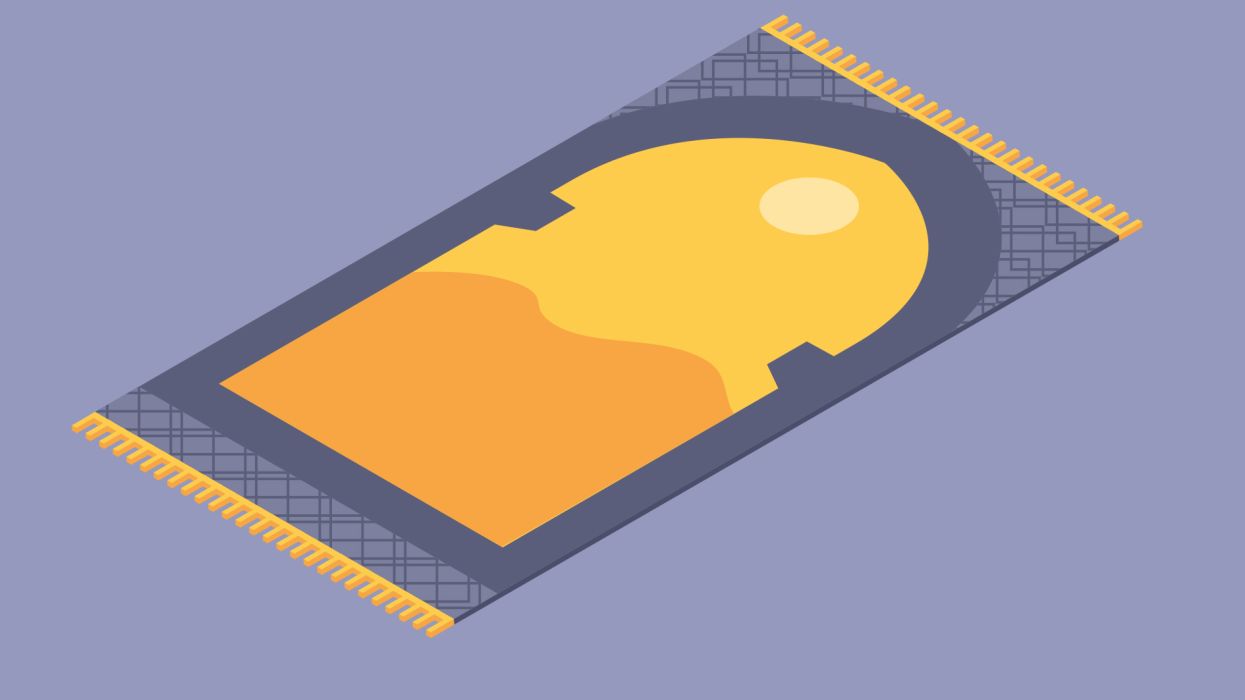- Our noble brother explains the seven conditions of the shahādah along with its proofs drawing upon evidence from the Qurʾān, Sunnah and scholars of our Ummah.
- The seven conditions are:
1. al-ʿilm (knowledge)
2. yaqīn (certainty)
3. al-qubūl (acceptance)
4. al-inqiyād (submission)
5. sidq (truthfulness)
6. iklhās (sincerity)
7. maḥabbah (love) - Each person who utters the shahādah must know and accept these conditions; it is not just a statement to be said without knowing its true meaning. The statement has requirements and conditions and if they are not fulfilled, they will be of no benefit.
- He explains the importance of understanding the meaning of Lā ilāha illā Allāh as it relates to the conditions.
- The Shahādah is a statement that separates the people of the dunyā into two categories, and those in the hereafter into two categories: the muʾminūn and the kāfirūn.
- The meaning of Lā ilāha illā Allāh, there is no deity worthy of worship, in truth other than Allāh, and He is the only One worthy of all forms of worship.
- Every act of worship that can be performed is the sole right of Allāh alone. Actions that are considered acts of worship that must be solely directed to Allāh alone are: duʿāʾ (invocation/supplication), khawf (reverential fear), rajāʾ (hope and longing), tawakkul (trust and reliance), raghbah (fervent desire), rahbah (dread), khushūʿ (reverence and humility), khashyah (awe), inābah (turning repentantly), istiʿānah (appealing for aid and assistance), istiʿādhah (seeking refuge), istighāthah (seeking deliverance and rescue), dhabh (sacrifice), nadhr (vows), and the rest of the types of worship commanded by Allāh which are to be done exclusively for Him alone.
- Tawḥīd consists of three categories – Tawḥīd al-Rubūbīyyah (Oneness of Allāh’s Lordship), Tawḥīd al-asmāʾ wa al-Ṣifāt (Oneness of His Beautiful Names and Perfect Attributes), and Tawḥīd al-ʿUlūhiyyah (Oneness of Allāh’s worship).
- The Mushrikīn from Quraysh affirmed that Allāh is the Creator and gives life and death; however, they fell into shirk by associating partners in worship with Him, whilst still affirming He brings harm and benefit and gives life and death, yet taking others as intermediaries and calling on saints and other than Him, seeking intercession.
- This is the same shirk that the Messenger of Allāh fought them over. (Refer to the book Kashf al-Shubuhāt by Muḥammad ibn ʿAbd al-Wahhāb)
- The tawḥīd of ʿIbādah is also called ʿUlūhiyyah, and it is the tawḥīd all of the Messengers came with and called the people to.
- Allāh never sent a Messenger to a nation, except that he ordered them to worship Allāh alone and not associate anything in worship with Him.
- Allāh alone has the sole right to be worshipped, and all those who make this claim should understand this claim and know all the forms of worship.
- Those who call upon saints today from amongst the Muslims are worse than the mushrikīn who fought against the Messenger of Allāh, because they affirmed that they were worshipping Allāh through these intermediaries, but they opposed the Messenger (ṣallallāhu ʿalayhi wa-sallam).
- The people who make shirk today and worship graves, saints, and the Messenger, claim that they are only trying to get close to Allāh and this is not shirk, and they know that those they call upon cannot help.
- When it comes to the understanding of shirk in worship, the Mushrikīn of Quraysh were more knowledgeable about shirk than the people who ascribe themselves to Islam today, because they do not recognise their actions as shirk.
- Whoever commits shirk after the statement of the shahāda has negated his testimony of faith.
- It is upon all Muslims to study their dīn and that which will nullify it.
- Many Muslims who ascribe to Islam violate this very basic requirement of the religion, therefore it is a must to study our dīn.













